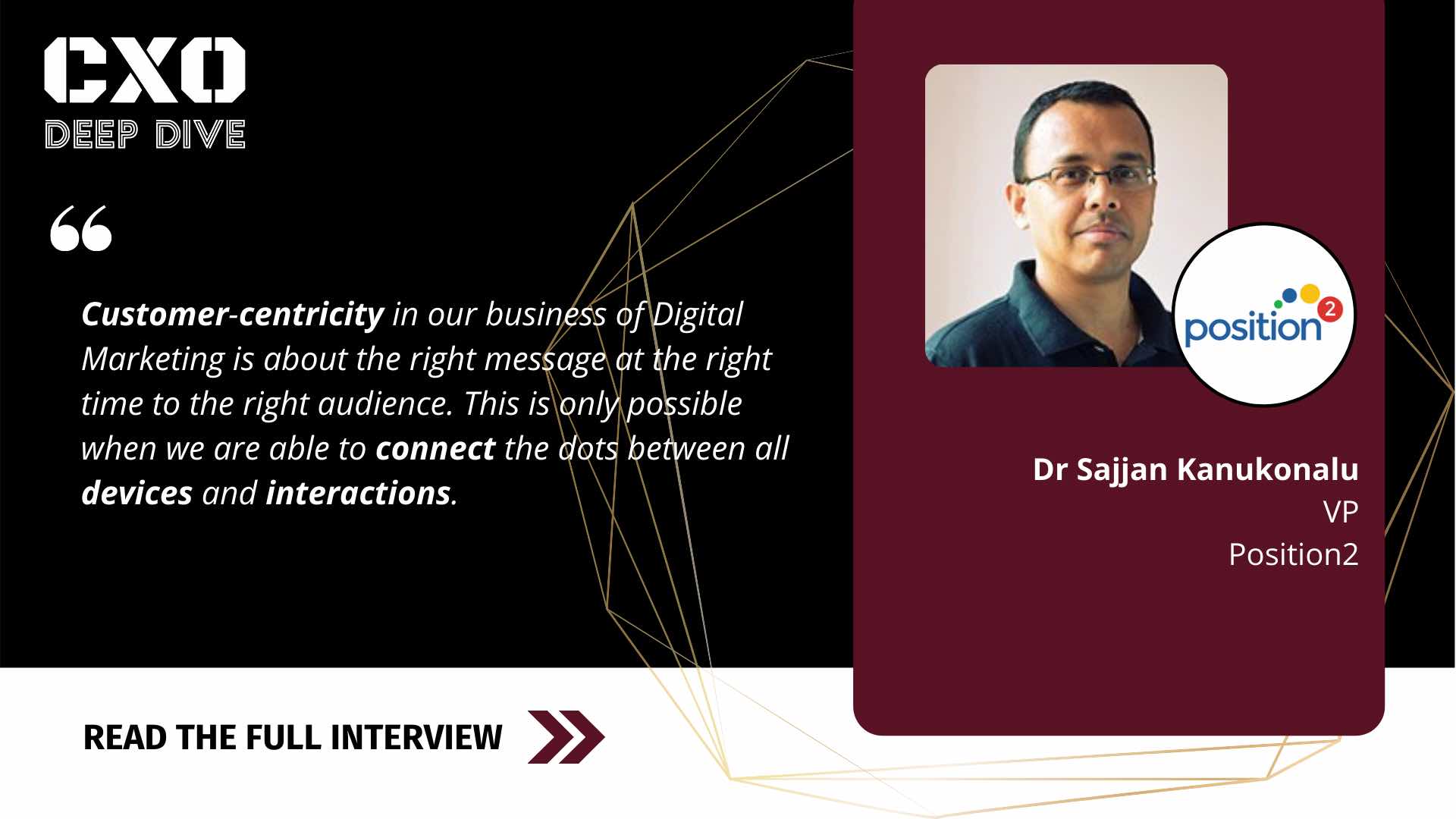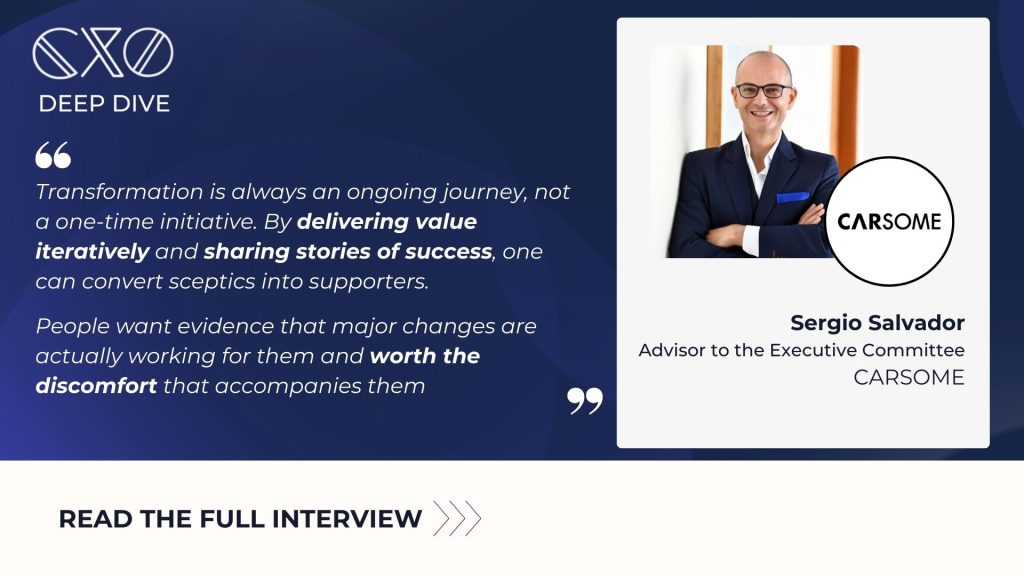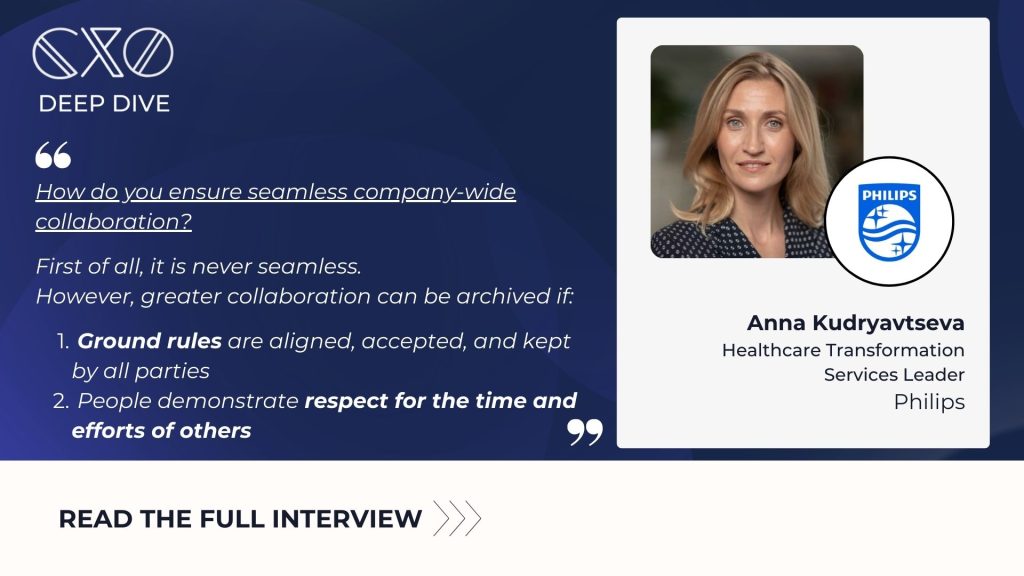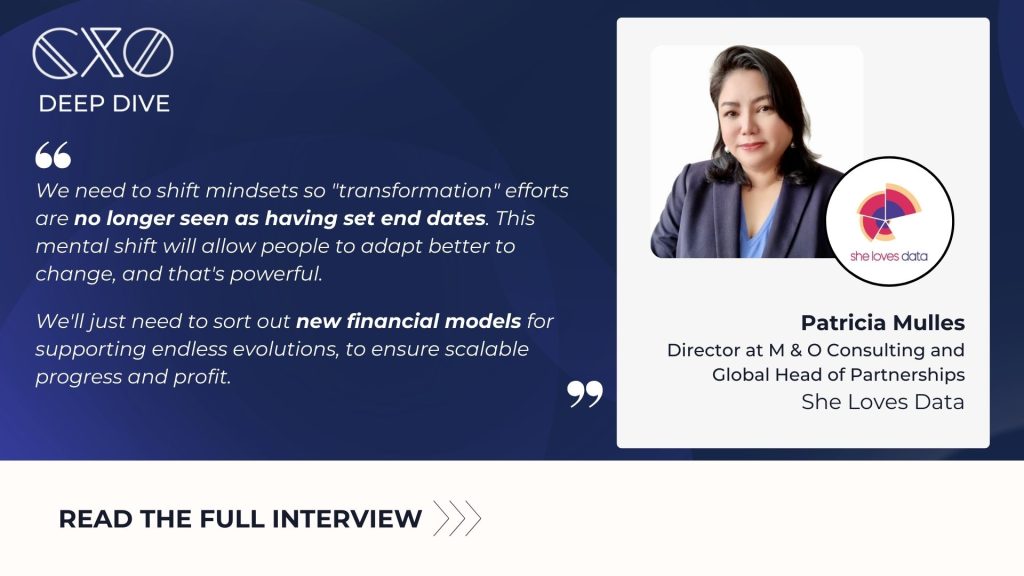How is your industry preparing for an AI-Centric world?
AI in Marketing, especially Digital Marketing, is gaining a lot of traction. What started off as exclusive Search Engine or Platform based AI models- used by Google, Facebook, and LinkedIn respectively, is going mainstream. AI in marketing is used to gather and evaluate customer data. Various computational concepts can now predict a person’s action or inaction. AI is used to share data-driven insights to marketers cutting down on all the manual analysis that they needed to do before. AI is also helping marketers identify cohorts of audiences they need to target or exclude in their campaigns.
Given these advancements in AI in Marketing, we are looking at ways to start diverting our human capital to more strategic and business impact actions and experimentations. These are some areas where the human brain thinking is still very much required. We use platforms that are capable of making smart decisions through AI and rely on AI-driven data to strategize campaigns. We look at experiments: be it revenue-based, spend based or audience-based, as a key way to know what is working in the industry. We then use a combination of AI-driven technology and human creativity to enhance the overall online experiences.
What are the top challenges in your business transformation process?
As a Digital Marketing and Transformation firm we see two key challenges here:
– The alignment between various stakeholders.
– The ability to experiment quickly, take risks and see failures as learning.How can companies ensure “customer-centricity” across mobile devices as they digitally transform?
Customer-centricity in our business of Digital Marketing is about the right message at the right time to the right audience. This is only possible when we are able to connect the dots between all devices and interactions. Thus to be “customer-centric” a brand needs to stitch all the interactions the user has with that brand and use first-party, second-party, and third party data to bridge the gaps. With third-party cookies fading away in months to come, leveraging technology such as CDPs that can still help knit a story. Technology will continue to play a pivotal role in ensuring customer-centricity.
Do you expect certain uses of technology to decline after the pandemic?
No. For the most, the digital adoption, consumers’ migration to online platforms and the rapid emergence of technology to support these behaviours are here to stay. if anything, while today people are consuming based on ease of access and necessity or economics, this may go back to “ease of access and some luxury spending”. But beyond that, I doubt there will be much change.
What are the biggest changes you expect in how industries will operate in the future?
Here are some major ones I foresee:
– Be technology-dependent to service customers.
– WFH will be the norm- a new segment of workers will emerge that will either be fully WFH or in a hybrid model (part WFH, part in-office).
– There will be a lot of emphasis on automation- not just remanufacturing, but also in services where customer-facing and internal operations will be looked at with a new pair of lenses to make a business a lot more efficient.
What will be the next evolution of advanced tech that we can expect in the coming years?
– IoT
– Machine Learning / Artificial Intelligence
– Virtual Reality / Augmented Reality
For those who haven’t fully embraced the digital world, is it fundamental to future success?
Yes, you have to go digital one way or another if you want to survive.
What do you think are the biggest challenges organisations face in the adoption of AI?
– Lack of use cases.
– Stakeholder resistance.
– Traditional mindset of top management.
– Budget restrictions.
– Lack of knowledge/expertise to use AI.
How do you ensure seamless company-wide collaboration?
User-friendly technology is the best way to achieve this. Examples like Slack, MS teams etc. jump to mind. As long as the ease of use exists, one can start making cultural shifts and even drive the population that resists adoption.
With the rise of AI, should you add in-house capabilities or outsource to specialists?
This would vary by industry. For example, if you are a manufacturing facility that can leverage AI, you definitely need to have AI expertise in-house. You could use technology from vendors but for any scalability, and additional operational efficiencies to be gained, you need internal expertise. For a digital marketing firm perhaps a good understanding of AI is required so you may want to spread the basic knowledge internally. That said, you and your team can leverage many platforms and tools that are already flooding the market to offer AI-driven marketing.
Visit our content library for more: https://cxoinnovation.com/content-library/
